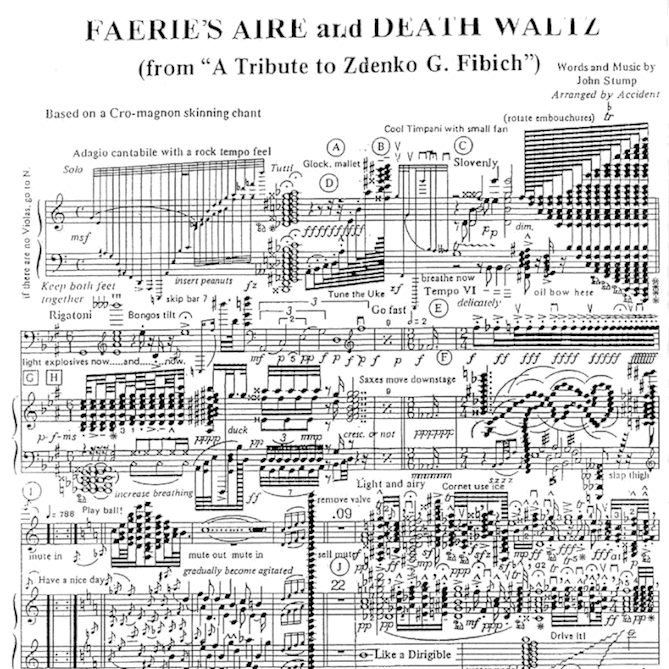
A New Look at Sight-Reading (Part 1)
Robert Battey
As a teacher who specializes in adult amateurs, and who coaches at chamber music workshops catering to the amateur demographic, I have been struck by the differences of approach between these players and the “serious” conservatory students. By definition, “amateurs” are those who pursue the art form simply because they love it, and without the goal of becoming a professional. Conservatory students pursue the goal of professionalism even when, in a few cases, they don’t actually love the art form that much. But inherent in that pursuit are the thousands of hours slaving away on exercises, scales and etudes, always with an eye on the competition lurking in the next practice room or the impending juries. Amateurs “just want to play.” They have no illusions about ever sounding like the artists they hear on their CD’s, but they are nonetheless eager to experience the pleasures of playing the great ensemble literature even if they lack the technique to master every passage.
And it is this “do-the-best-you-can-with-what-you-have” attitude that, with this group, is more endearing than frustrating to me. Those of us with professional training may blanch or roll our eyes, at the level that amateur players accept in themselves and others; but I envy the ability to enjoy the music so viscerally, warts and all. Some pros, with their obsessive perfectionism, have nearly lost that ability.
I’ve coached amateurs whose knowledge of the chamber music literature exceeds that of many pros. I don’t just mean opus numbers and famous recordings, but the actual nuts & bolts of the piece; which instrument is doubling the viola in this bar, who has the second entrance in the fugato, etc. Their ability to brush off a momentary failing in a hard passage, and focus on the overall experience of music-making, is in some ways inspiring.
Another difference is that amateurs tend, as a group, to do more sight-reading than pros or conservatory students. Again, their omnivorous curiosity to explore the literature leads them ever onward; and of course it not infrequently leads them into pieces where they’re in over their heads. But many have a healthy “I’ll-get-through-this-somehow” attitude, whereby they keep their place during a storm, and pick right back up when things calm down. Conservatory students in such a situation will often react with self-conscious panic and call for a halt.
Sight-reading is a specialized skill, separate from one’s actual technique, and I have seen more than once where a canny, experienced amateur is able to read through a new piece better than a conservatory student or even a pro, despite inferior technique. And this led to some pondering and reflections on what exactly it is that a good sight-reader does, regardless of his or her level. What will follow, over the next several blog installments, is an adaptation of an introduction I wrote for a book of sight-reading exercises by Armand Parent and Vincent D’Indy, two early 20th-century music pedagogues who ran the Schola Cantorum in Paris. My remarks are geared towards adult amateurs, but the principles involved would be useful for any musician at any level.
One of the reasons that sight-reading is not addressed as a separate discipline in professional training is that one of its key components—“faking”—is anathema to any serious teacher. “No, I’m not going to talk about faking with my students; I’m going to teach them to play so well that they don’t have to fake!” And in any professional situation our duty, obviously, is to show up at the job with the part already learned.
Given equal skill at sight-reading, the more advanced player will of course assimilate more of the music than the less-advanced one. But again, the skills involved are separate from those of playing the instrument, and can be developed (or not) regardless of the player’s technical level. It is this distinct skill-set that upcoming posts will address.
Subjects: Practicing
Tags: art, Battey, cello, cellobello, chamber music, coaching, conservatory, Development, discipline, ensemble, frustration, goals, music, music-making, robert, sight-reading, students, Teaching, Technique, workshops
